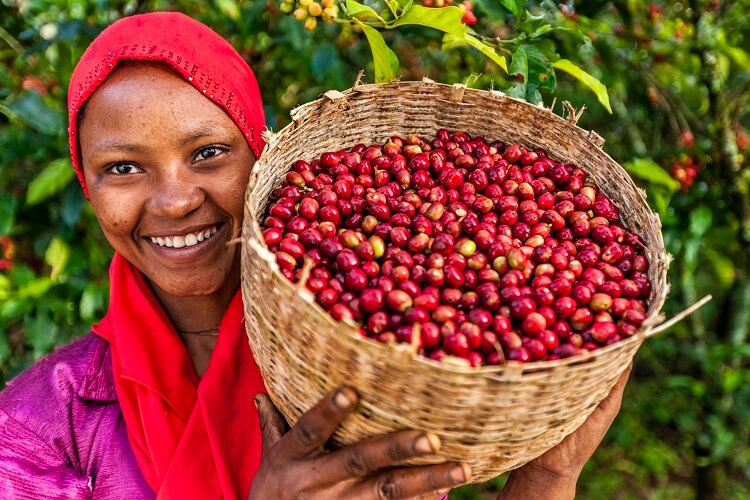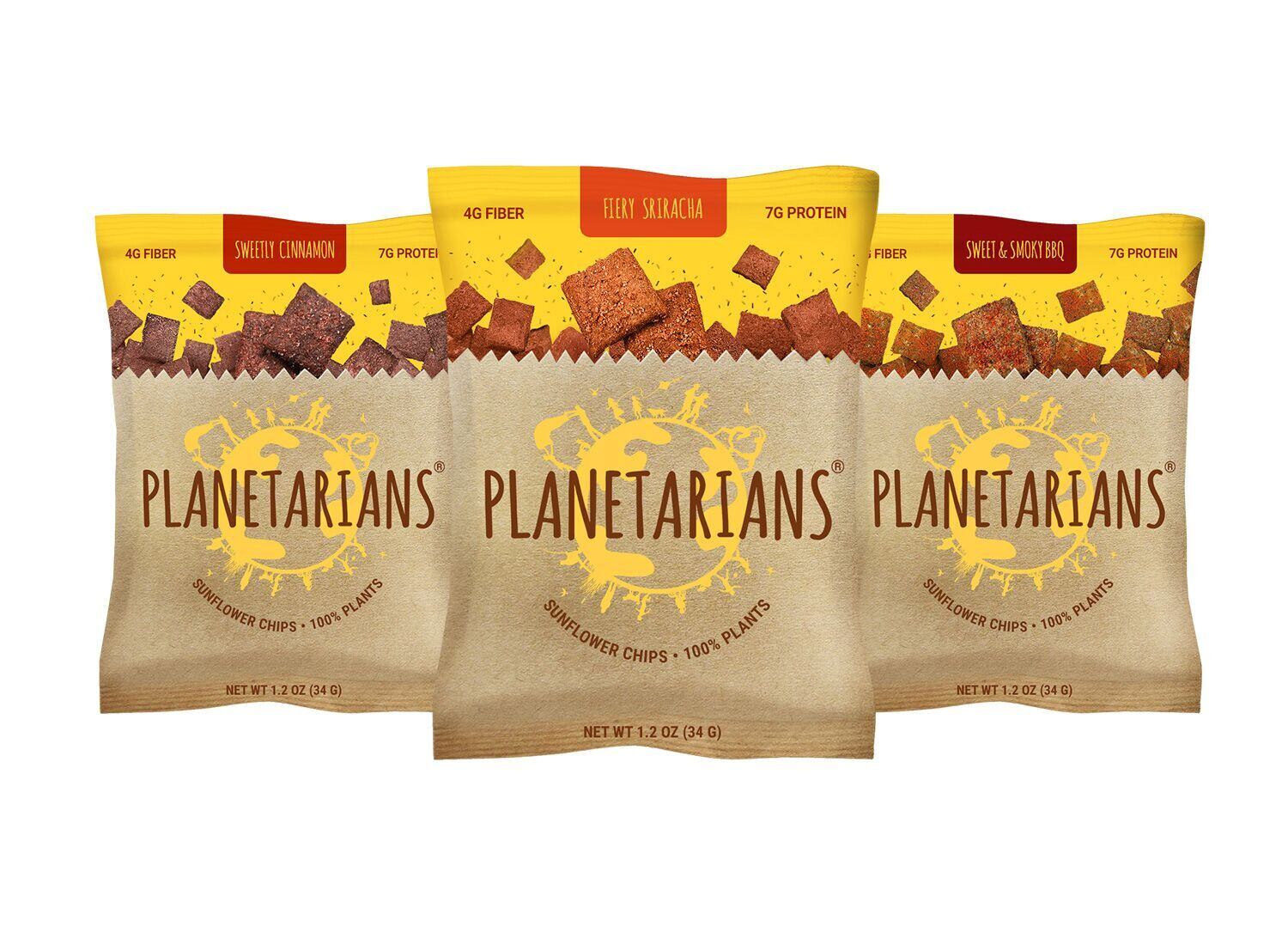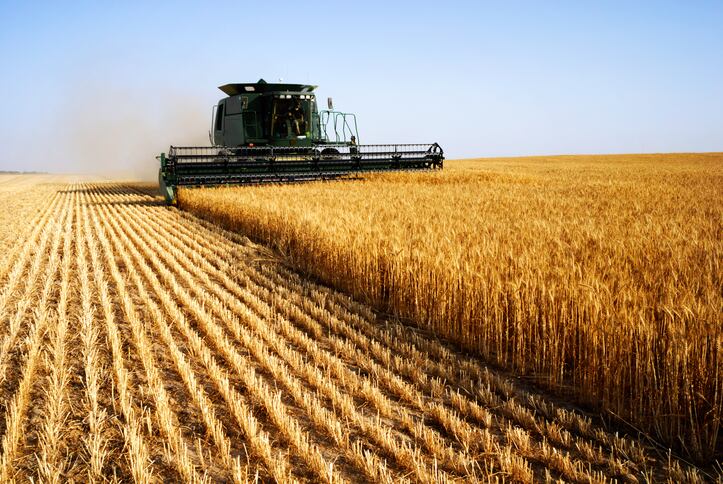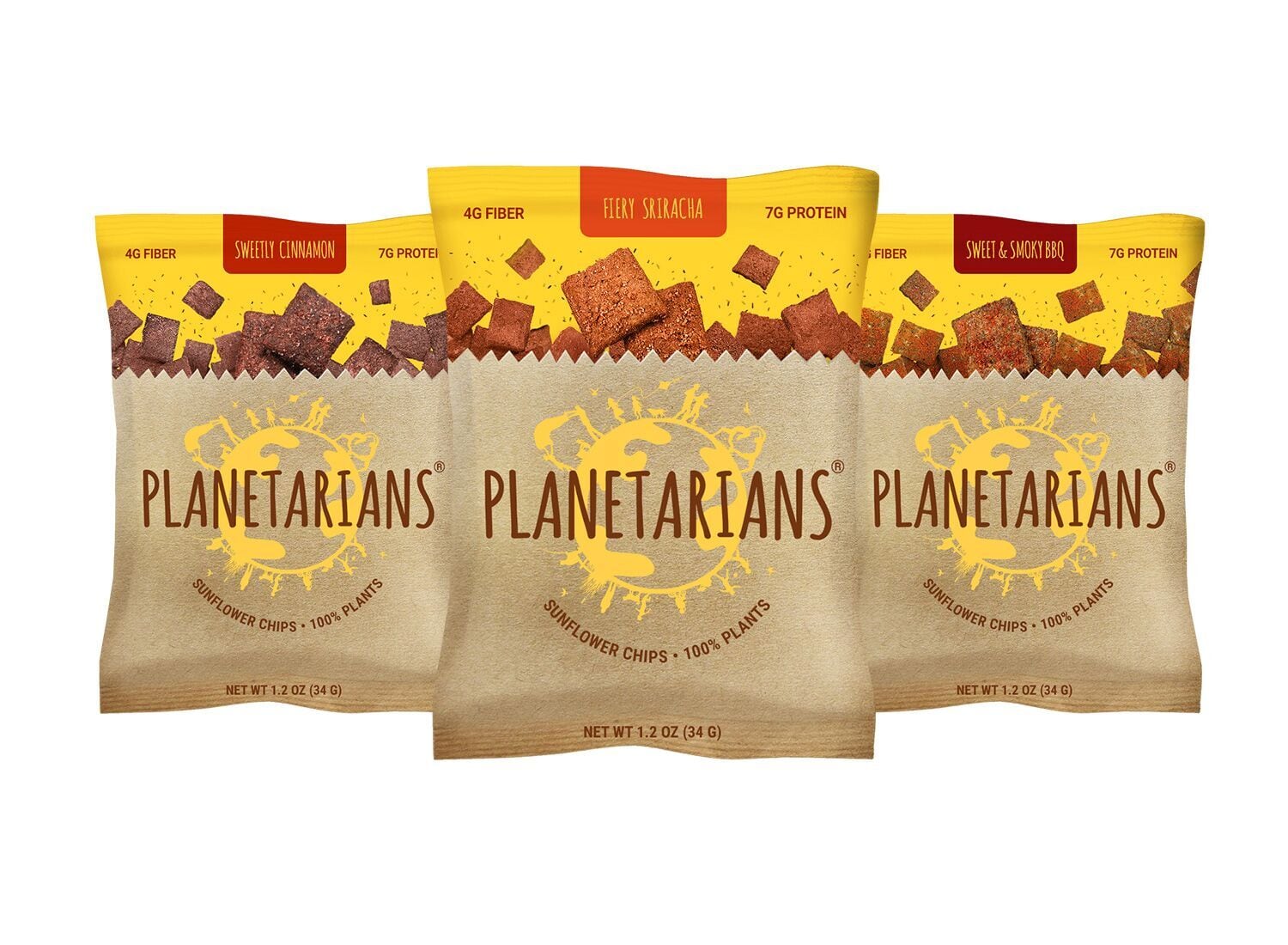The Coffee Cherry Co. – formerly known as Coffee Flour – is working to create value for farmers’ discarded coffee cherry pulp in origin countries.
Coffee trees traditionally grow between the Tropics of Cancer and Capricorn, with main coffee growing nations including Brazil, Vietnam, Colombia, Indonesia, and Honduras. To harvest the coffee bean, the seed is removed from the cherry fruit, with the pulp by-product rejected as waste.
Former Starbucks engineer Dan Belliveau founded The Coffee Cherry Co. having seen first-hand the fields of rotting cherries discarded in the coffee making process.
“If you don’t handle the cherry right away, it will mould and ferment and become dangerous [for consumption],” according to CEO Tom Clemente. To give value to this by-product, The Coffee Cherry Co. buys the pulp from farmers, dries it, mills it, and sells the upcycled ingredient for use in bakery, beverage, and confectionery applications.
While currently focusing on the US and Asian markets, the Seattle-headquartered firm is preparing to launch in Europe, Clemente told FoodNavigator when we caught up at Seeds and Chips in Milan last week.
Indeed, an EU novel food patent application has already been submitted for coffee cherry – the generic name of ‘cascara’ – he explained. “We are talking with folks [in Europe] and are getting prepared, because we believe the novel food patent application will be approved this year.”
Combatting waste and creating jobs
From a sustainability perspective, the statistics behind discarded coffee cherry are alarming. The global coffee industry generates 20.8 billion kg of coffee cherry waste per year, and this waste is responsible for the equivalent of 16.6 million metric tonnes of CO2e, according to The Coffee Cherry Co.
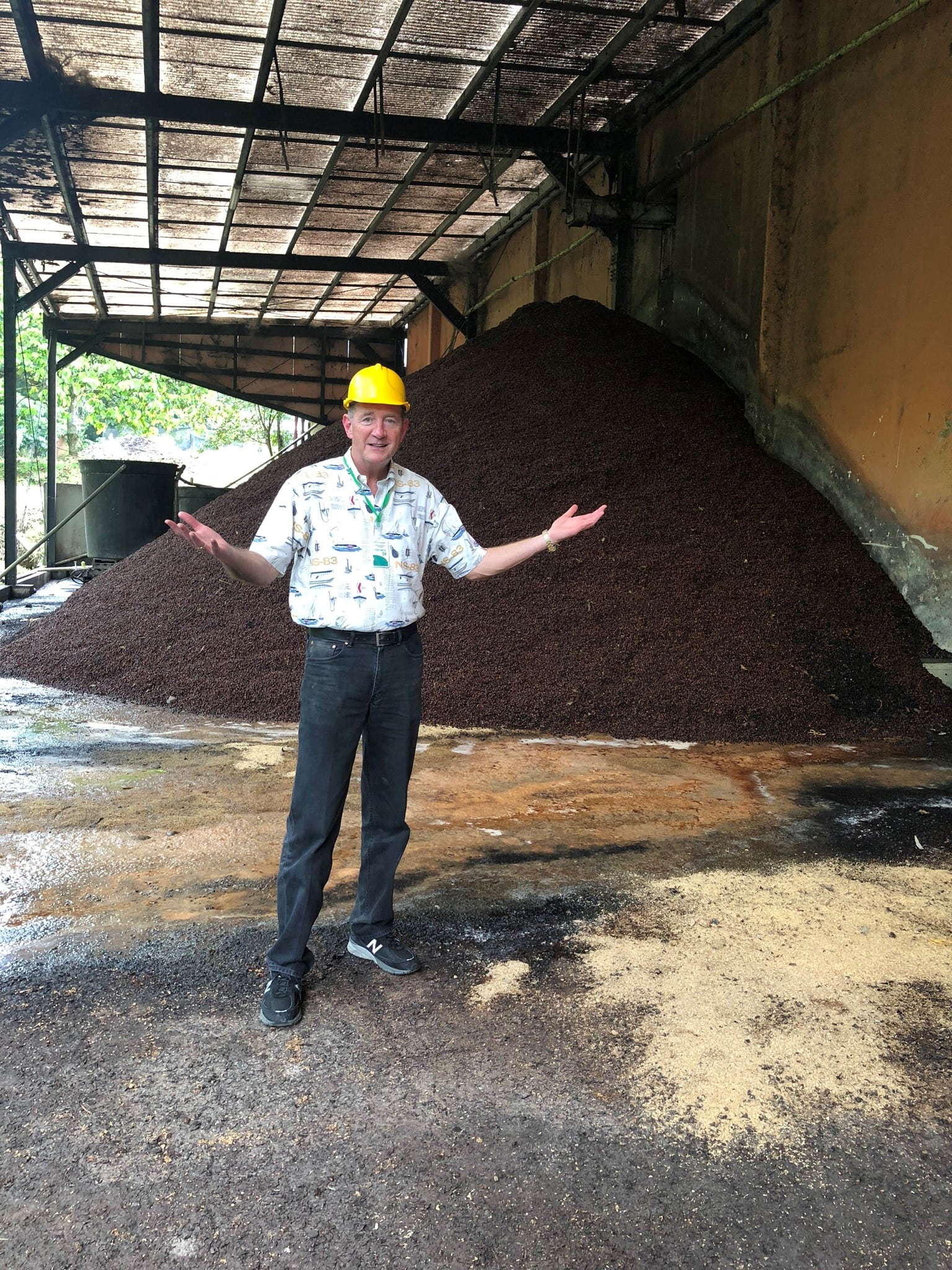
In addition, rotting coffee cherry waste ends up in fields and waterways, where it can release harmful mycotoxins into the water and soil.
Not only by removing the decaying fruit from the fields are less greenhouse gases emitted, but the side-stream production creates new jobs at coffee processing meals – many of which are now available to women.
“Normally, farmers have people take care of the beans, but not the cherries. A sack of coffee beans may weigh 50 lbs., yet a sack of cherry pulp may weight just 20 lbs.,” Clemente explained, suggesting that women can transport the lighter load.
While some farmers do find use for the discarded pulp, the CEO raised concerns that the cherry’s chemical composition is unsuitable for agricultural applications.
Certain landowners, for example, use the discarded pulp for animal feed, which he said is problematic for two reasons. Firstly, the cherry contains chemicals that act as an appetite suppressant: “When you are fattening cattle, do you want to make them feel full?” he added.
Secondly, unless processed immediately, the cherry pulp rots – becoming unsafe to consume. “You can’t feed rotten cherries to animals to animals, so you have to process it. By the time you do that, it is more expensive than other feed options.”
The pulp can also be used as a fertiliser when mixed with compost, yet its phytochemical count will kill the worms working to break down the matter, the CEO told us. Diluting it with other materials will lessen this effect, but means that “maybe 5-10% really gets used, and the balance rots in the field”.
Upcycled cherries for ‘stealth health’
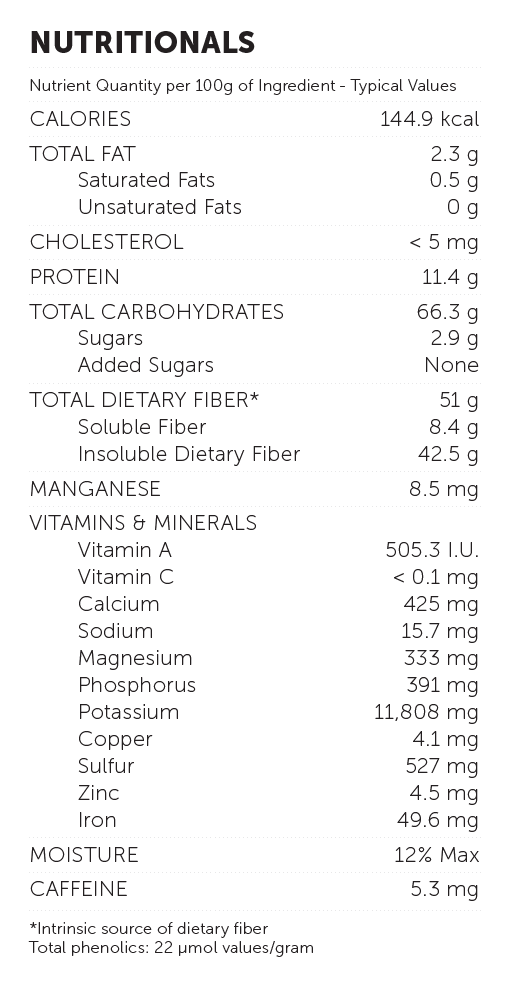
The milled cherry flour is gluten-free and contains more fibre per gram than wholegrain wheat fibre. According to the firm, per gram the product has more antioxidants than a pomegranate, less fat and more fibre than coconut flour, more iron than fresh spinach, more potassium than a banana, and more protein than fresh kale.
Clemente said manufacturers can also use the coffee cherry product to reduce the amount of sugar in finished products.
“We call this ‘stealth health’,” said the CEO. Using a chocolate brownie as an example, he told us the coffee cherry can also reduce the amount of cocoa powder required. “The coffee cherry is like an emulator of flavour, it highlights the cocoa notes, so you don’t need as much cocoa powder to get [the same] flavour.
“Secondly, the coffee cherry is naturally sweet. Chocolate is a bit bitter. The cherries can [replace the sugar] to mask the bitterness. Now the customer is eating a brownie will less cocoa, less sugar, but more magnesium, fibre and potassium.”
The Coffee Cherry Co. has also developed a benchtop compound chocolate product using the coffee cherry. The coffee cherry and cacao are combined ahead of the conching process, which similarly allows for reduced sugar content. “If you have a 65% chocolate it will taste like 75%,” said Clemente.
Growing demand
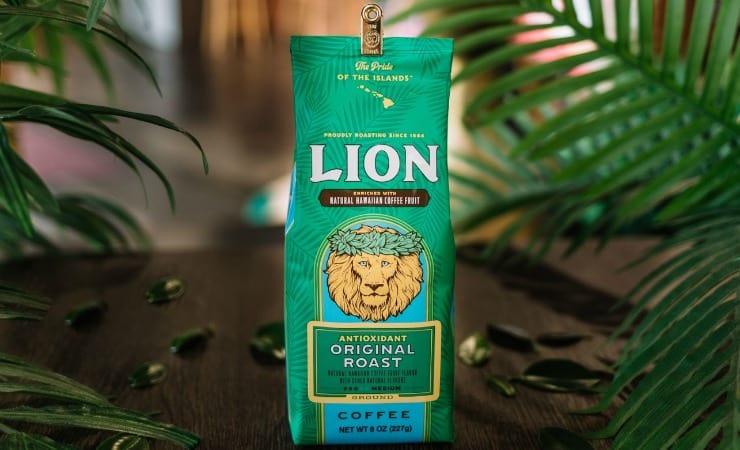
US-based Seattle Chocolates has incorporated the coffee cherry into its ‘Coffee Fruit & Espresso’ bars and truffle products, albeit as an inclusion. “What we’re looking for is chocolate makers to do it at the beginning of the chocolate making process.”
American coffeehouse chain Starbucks has also expressed interest in The Coffee Cherry Co.’s upcycled offerings, alongside a number of beverage, bakery, and confectionery manufacturers. “Every major chocolate company is looking at this,” Clemente told FoodNavigator.
Further, upcycled coffee cherry can be used to enhance traditional ground coffee. Hawaiian coffee brand Lion Coffee has incorporated The Coffee Cherry Co.’s product into its ‘Antioxidant French Roast’ range. This application comes with the added benefit for manufacturers of not having to declare extra ingredients in the final product. “It can be labelled 100% Arabica coffee, because it is [all coffee].”


